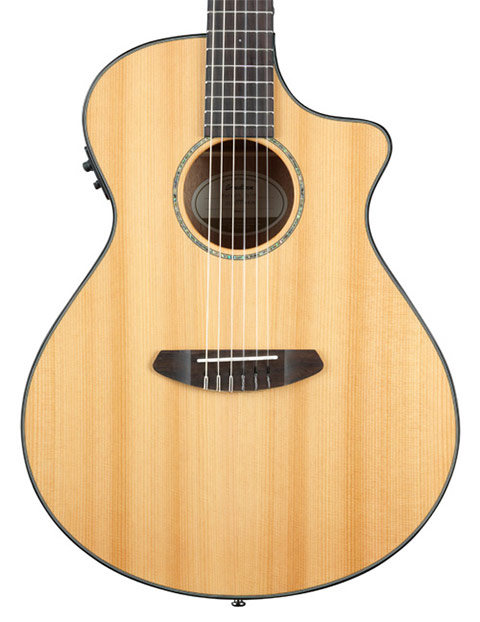
When you first learn to play the guitar, everything seems fascinating. After all, music sets everything in our lives in motion, or so most music lovers believe. It has a certain appeal to it that prompts people to pick up an instrument and learn how to play the guitar. However, as you progress and start understanding its dynamics, you realize that everything isn't as easy as it looks on the surface. When it comes to making the choice between nylon or steel guitar strings, you’ll want to select an instrument based on your playing needs and musical desires? This article addresses these key points so that you can learn to play better, and choose the best guitar for you as a new player:
What's String Gauge
String gauge refers to the thickness of a string and affects the tone and feel of the instrument. String gauge is measured in thousandths of an inch, and a set of strings can be named after the thickness of the first thick string in the set.
A typical gauge for an acoustic guitar is 0.012 gauge and is considered to be the lightest. Any number below that is considered extra light. Standard sets of acoustic guitar strings come between .010 and .013. To play a fuller and louder sound, one requires thicker gauge strings but keep in mind that those are also harder to play. It is easier to play the guitar with thinner gauge strings, but that also means that the tone and volume will be sacrificed.
Nylon Vs Steel Guitar Strings
The two types of guitar strings that most musicians find themselves choosing between are nylon and steel strings. Both types of guitar strings have their pros and cons. Let's review both to help make your decision easier:
Steel String Guitars:
Steel string guitars, such as the Pursuit Concert, produce a sharper, crisper and louder sound which most musicians prefer. However, playing on steel strings is also harder as they need to be pressed down firmly to adequately produce sound. Steel string guitars also have a longer neck which makes it easier to play higher notes. Steel strings are also more resistant to heat and require less tuning.
Nylon String Guitars:
On the other hand, nylon string guitars (such as the Pursuit Concert Nylon) can’t always rock your concert but can create a distinctive feel and tone desired by many musicians. They produce a gentle, mellow sound which is often found in jazz and Latin music. As opposed to steel strings which are hard on the fingers, nylon strings are soft and gentle on the fingers, making them a preferred choice for beginners. Our nylon string guitars are also smaller in body than the dreadnought or jumbo sized instruments, for example, and convenient to carry around if traveling, for storing at home or taking to a concert.
Some of the things you should be aware of when opting for a nylon string guitar is that they are not meant to play rock or pop music, and it could be quite difficult to play high up on the guitar neck. Now that you know the difference make your pick and play your heart out!
